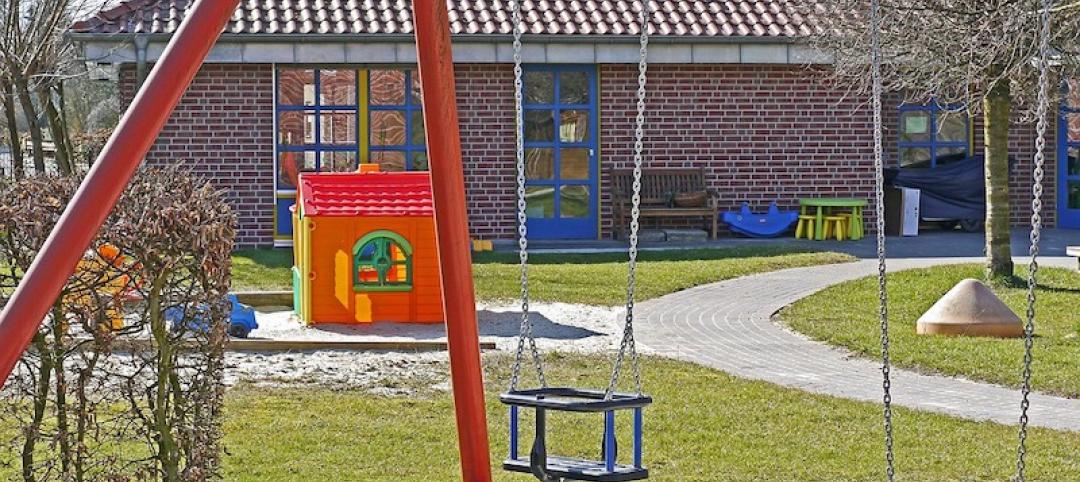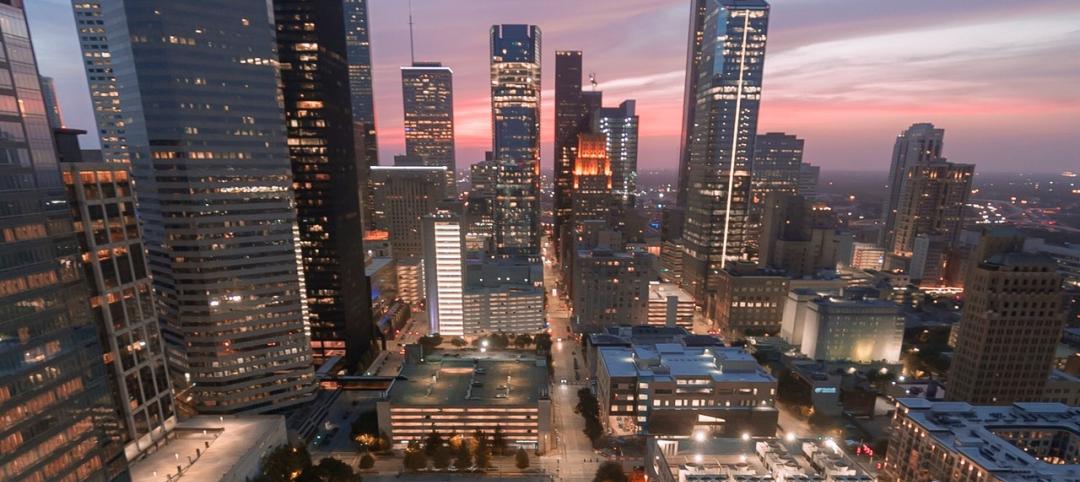Widespread power outages in Texas during a severe cold blast have caused some to question whether banning fossil fuels from new buildings makes sense.
Most homes with gas space heating went cold because most gas-powered heating systems require electricity to operate. But, after the lights went out, gas stoves allowed residents to boil water and cook food while electric appliances were useless.
The reductions in carbon emissions resulting from all-electric buildings supplied by clean power sources are still compelling, and there are ways to make the grid and individual buildings more resilient to power outages. For instance, attaching a small battery backup to a gas heating system enables it to run when the grid fails.
Solar panels with battery storage could also keep both electric stoves and electric heating systems running during grid outages. Batteries in electric vehicles could someday be tapped as a source of backup energy.
There are strategies that can make the grid more resilient, as well. Texas could winterize its electrical system, for starters. Also, microgrids at the building-level or community-level can generate and store their own electricity, relieving pressure on the grid, and may be able to continue providing power during regional outages.
Related Stories
Codes and Standards | May 14, 2019
Database records more than 1,360 K-12 school shooting incidents since 1970
Naval Postgraduate School program maps locations nationwide.
Codes and Standards | May 13, 2019
In many cities, downtown housing comes with a hefty premium
Urban core living costs hundreds of thousands more in largest U.S. cities.
Codes and Standards | May 7, 2019
San Francisco plan would require largest commercial buildings to use 100% renewable electricity
First in the U.S. mandate would be phased in from 2022 to 2030.
Codes and Standards | May 7, 2019
ABC says best practices can improve construction companies’ safety by 680%
Daily ‘toolbox safety talks’ were most effective safety measures.
Codes and Standards | May 7, 2019
Office noise significantly reducing employee concentration, productivity, and creativity
Workplace distractions cause some to choose to work remotely.
Codes and Standards | May 7, 2019
WSP USA says it will be carbon neutral in 2019
Engineering firm will offset carbon at all offices and with employee business travel.
Codes and Standards | Apr 25, 2019
Report: Contractors invest $1.6 billion in workforce development annually
ABC members increased training spending 45% from 2013, according to a new report.
Codes and Standards | Apr 25, 2019
New York City’s Green New Deal would ban all-glass skyscrapers
The ambitious plan would also boost affordable housing, reduce building emissions, and update codes to account for sea level rise.
Codes and Standards | Apr 25, 2019
Chicago, Houston, and Dallas deemed ‘most dangerous cities for migratory birds’
The three cities are in the heart of North America’s most trafficked aerial corridors.
Codes and Standards | Apr 19, 2019
Notre Dame fire highlights danger of renovating historic structures
The devastating fire at Notre-Dame de Paris is the latest blaze to damage or destroy historic buildings while undergoing renovations. It highlights how vulnerable such structures are to fire while undergoing repairs.

















